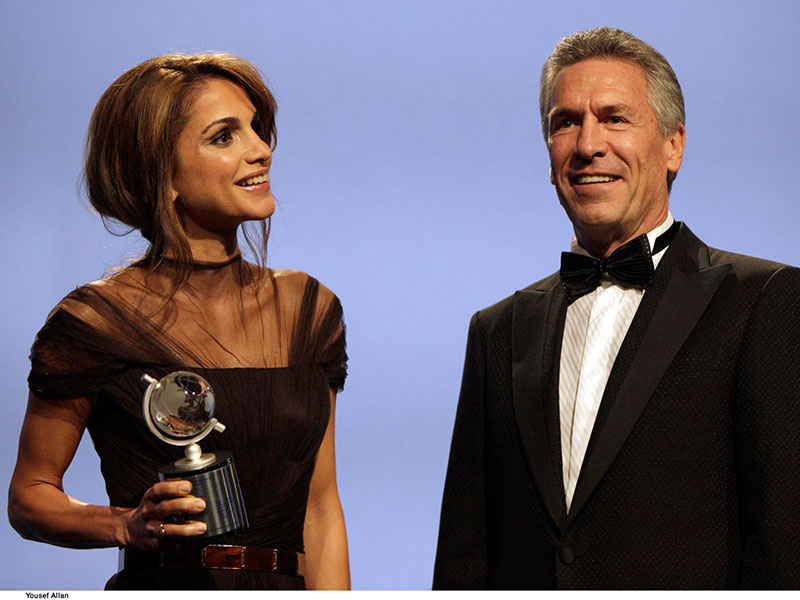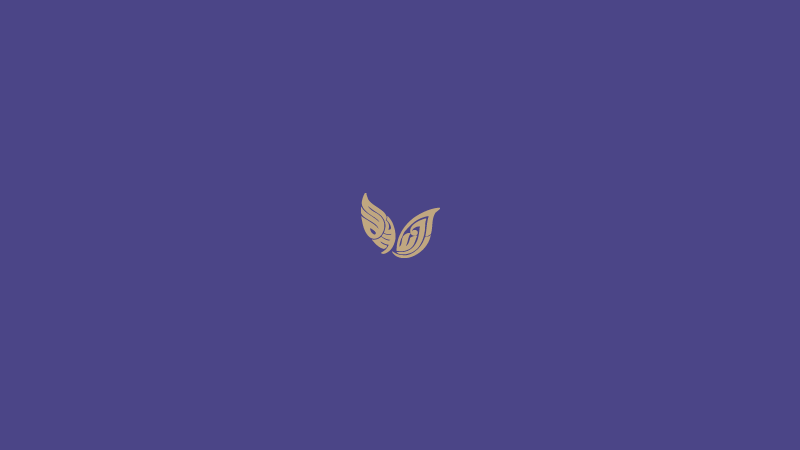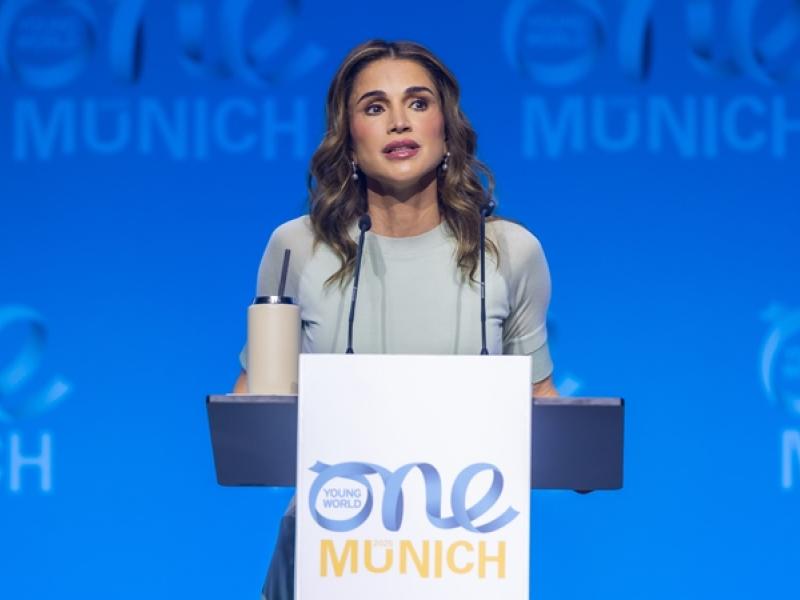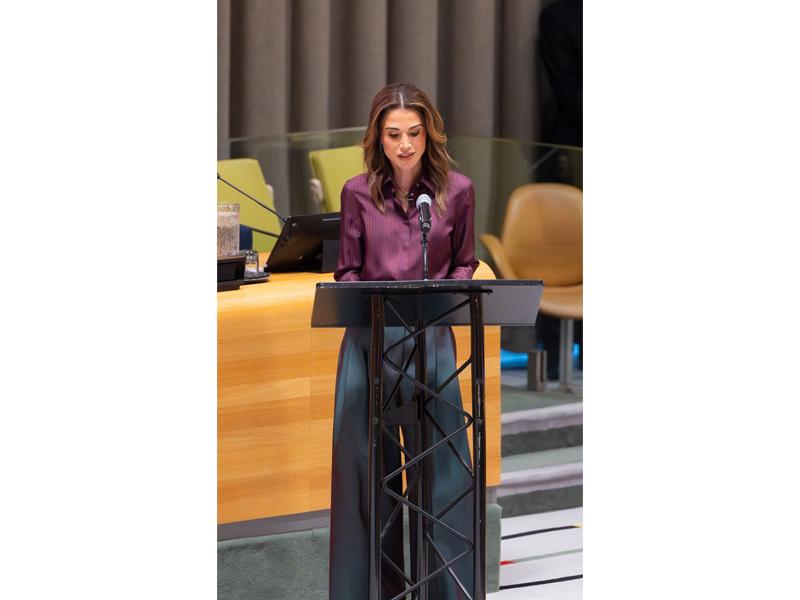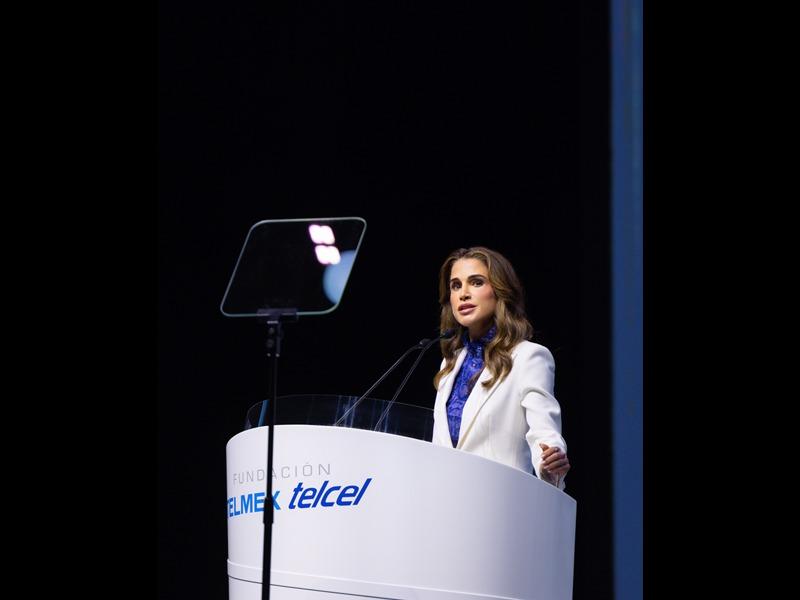Thank you, Mike, and everyone at the Tech Museum, Applied Materials, and the University of Santa Clara for this award; I’m truly honoured. For me, the Tech Awards are a perfect combination of ingenuity and compassion. Not only do they recognise invaluable innovations in technology, they celebrate treasured contributions to humanity, too. For that, we are all thankful.
Someone once said the Stone Age didn’t end because they ran out of stones. It was much easier than that. It was because someone, somewhere, had an idea.
Yes, a spark of creativity ended an entire era of human history!
If you think about it, that’s all it takes: the Renaissance, Enlightenment, Industrial Revolution… all powered by human creativity.
Today, this creativity still burns inside us all. For some it’s a smouldering ember. For others it’s a blaze of inspiration.
I believe it’s our responsibility to fan the flames of creativity so that everyone, everywhere, has ideas.
I believe classrooms should be synonymous with creativity, so our children receive tomorrow’s education, not yesterday’s.
Because I believe creativity not only improves lives, it saves them.
That’s why we must unleash one of nature’s most powerful and unlimited forces: a child’s imagination. That’s why we must give them “know-why”, not just “know-how”.
At the vanguard of this approach are institutions like the Tech Museum and our first Children’s Museum in Jordan… not stuffy and boring, but stimulating and mind-boggling.
They’re where boys and girls become engineers one moment, grappling with the fundamentals of physics as they play, building their understanding of gravity as they learn. And the next, they’re scientists then athletes then musicians, all in a day.
But the value of the voyage is not only in the rich landscapes. It’s in the enriched mindscape. Instilling a need to explore the unknown; fulfilling the belief that your imagination holds no bounds: these should be our goals in education.
Why? Because, over the long run it makes our children more accomplished. Studies show that creativity in children is three times better at predicting future success than intelligence: CQ trumps IQ.
And because, in today’s modern, creative economy, teaching a child how to think over what to think is a cornerstone of progress. It’s also highly sought.
In a recent poll, 1,500 CEOs named creativity as the number one “leadership competency” of the future, because they understand knowledge is static, thinking dynamic.
But static is better than tragic, which is what describes the life of millions of children growing up without an education.
Today, nearly 70 million children are out of primary school, nearly ten times the population of the San Francisco Bay Area.
Every. Child. Deserves. A Quality. Education.
Whether they live in Jordan or the US.
Whether they’re a boy or a girl, rich or poor.
Whether they’re handicapped by disability or trapped by instability.
I believe this, passionately. In 2000, world leaders believed it, too. They made a promise to give every boy and girl an education.
Ten years later, we’ve made some progress: about 50 million more children are now in school.
But we’re close to hitting a wall. Traditional methods of aid and standard approaches to development are limited. Our rate of success threatens to drop off sharply.
If we don’t adapt, some 56 million children will still be out of school by our deadline of 2015.
That’s because many of the children left are hardest to reach. They’re the fragile youths trapped in rural areas. They’re the young minds confined by conflict.
But it’s these children who need an education most; who need the stability and opportunity it brings.
Because, for every day of schooling these children lose, they fall deeper into poverty: financial poverty and social poverty; poverty of health and poverty of equality.
But education can save them. Or rather, they can save themselves if we only find a way to give them the tools.
This is where the need for creativity is most urgent. That’s why, early next year, I’ll be launching the Queen Rania Foundation.
It will bring together all my work in education and innovation will be our watchword. Thought labs will germinate ideas that revolutionize classrooms and curricula. Experimentation and invention will inspire teachers and new teaching practices.
We’ll throw out the rule book if we have to, because when it comes to educating our children, nothing should hold us back!
But this is a global problem. That means it’s a global responsibility.
Together, I know we can give these children the education they deserve. This year’s laureates alone prove that creativity overcomes challenges.
They’ve shown us that in health, needles are now needless for life-saving injections. And that in education, cell phones can sell English lessons that are affordable. But more can be done.
We need the imagination of our most creative thinkers like you to dream up new ways of raising financial and political capital so we can put every child in school.
We need inventive policies from innovators like you to maximize aid effectiveness and get resources to where they’re needed most.
We need technology ideas from inventors like you to reach children isolated and abandoned so they, too, can thrive.
In short, we need the unthought-of to be thought, the undreamt-of to be dreamt. And that’s what you do best. It’s what you can bring to the global education challenge.
The best part of mining our creativity, as Maya Angelou put it, is that you can’t use it up. “The more you use, the more you have.”
